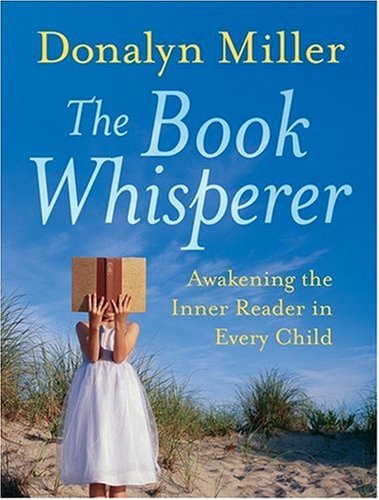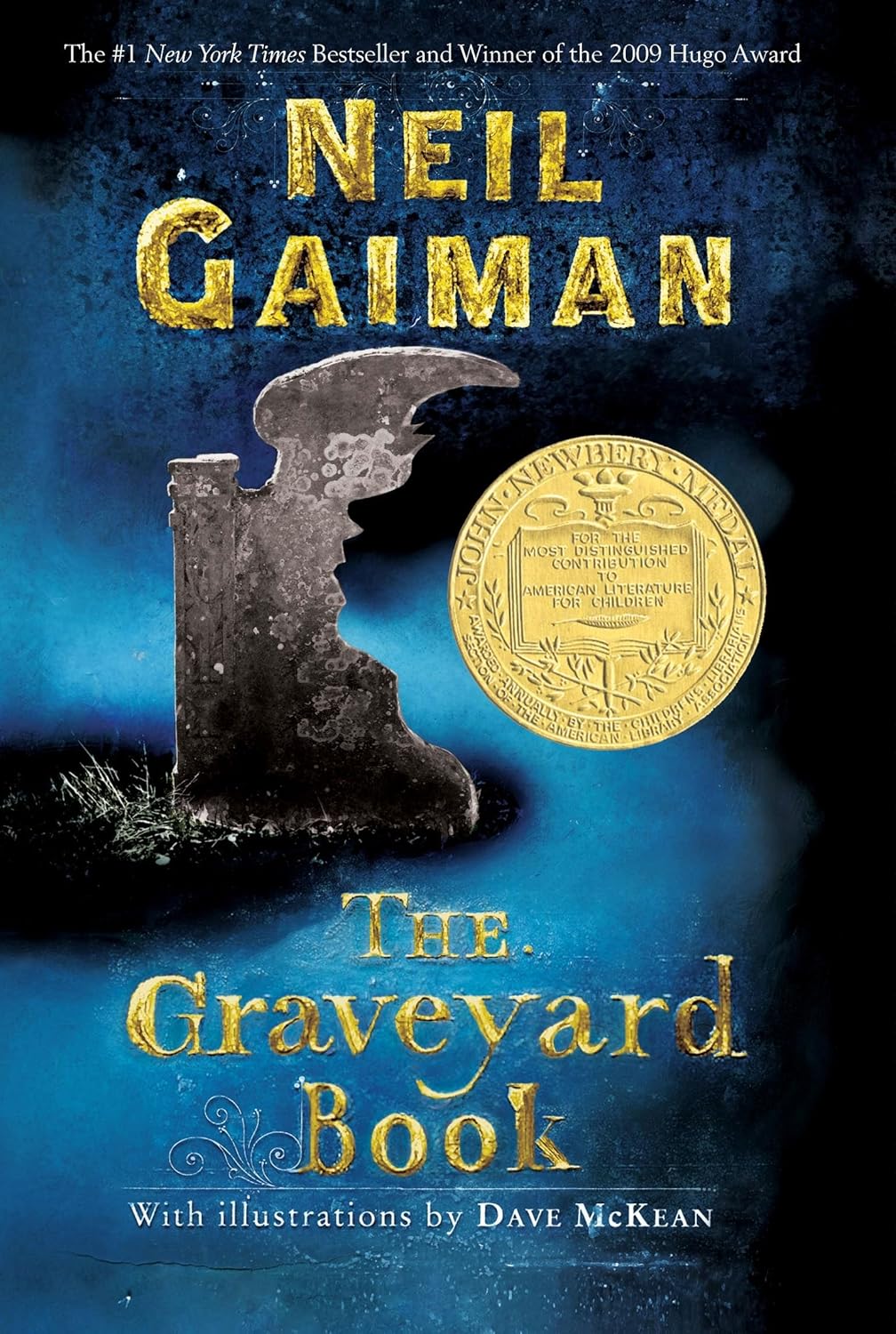 |
| Image from Amazon.com |
The big question I've started to ask is: "Do the things I do in class promote reading?" My reflection reveals a mixed record. I have always taught in Accelerated Reader schools and put quite a bit of effort into calculating, monitoring, and rewarding student reading goals. No matter how high or low I set the goals, I always had about 25% of my students who never reached a grading period goal. As I conferred with and observed these students, I found that they would start books, but rarely finish. They weren't motivated to read and earning AR points wasn't doing anything to help. The time I invested on managing reading would have been better spent promoting reading. As a teacher, I need to help connect kids to the books that will make them passionate about reading. I should start with book recommendations to the class and individuals. My classroom needs a "reading culture" where students talk about and trade books on a regular basis. Reading is intrinsically motivating, and students need the opportunity to learn that.
Another big idea from The Book Whisperer is how important it is to have self-selected independent reading time in school. I haven't given my students much time for that in the past few years. Our reading program was focused on direct instruction in reading strategies and practice with short passages. I saw growth in comprehension ability, but I can't recall having a student learn to love reading under that instructional model.
So what will I do next year? Next year, I'll be teaching my school's advanced learning program: teaching the high math and reading switch groups for grades 3-5. I plan to start each of my reading switch classes with independent reading time. Donalyn Miller asserts that beginning class with independent reading time is more effective than any entry task that can become "busy work." Next, I'll set a 40 book goal for all of my students and help them set up personal reading logs to keep track of progress. I'll also set some genre requirements. At least ten of their books will be free choice, but I plan to require students to read some biographies, historical fiction, fantasy, science-fiction, classics, and informational non-fiction. Finally, I want to give my students an authentic audience to share about the books they read. We'll post reviews in our classroom and school library, create a blog of book reviews, and create opportunities to talk about books.
In addition to my work with students, I want to read more. If I've read the best books in current children's literature, it will be easier to help my students connect with just the right book. I'm going to set some time aside each day for reading. I expect that my students will give me some good suggestions, but if you can think of a must-read book for grade 3-5 let me know in the comments. After 11 years of teaching fifth grade, I feel pretty comfortable with the upper elementary literature, but I have no idea what third graders read.
I know it will be a great year for reading! I can hardly wait to see how these changes will build excitement for reading in my classes. And I'll keep you updated as I experiment and refine...






